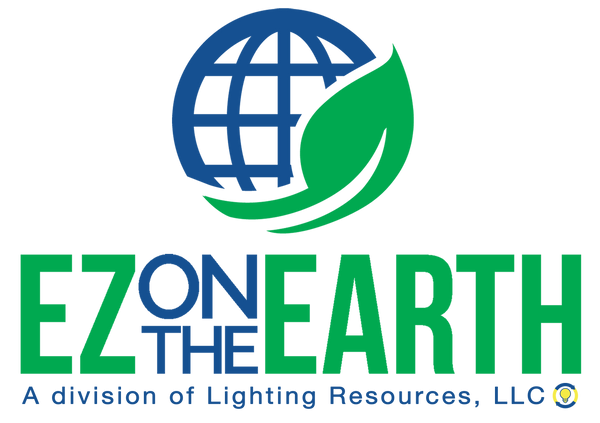Wondering if that empty milk carton can be recycled? The good news is, yes—milk cartons are recyclable! But before you toss them in the bin, find out what you need to do to ensure they’re properly processed and give the planet a helping hand.
Milk cartons are an everyday product in many households, either in the fridge or pantries. Whether you pour a glass, add a little to your coffee, you have likely handled a carton of milk before. So, let’s get to the fundamentals of milk cartons recycling.
Understanding the Composition of Milk Cartons
Milk cartons consist of several materials. They are usually made of paperboard layered with a thin coat of polyethylene, making them waterproof. Some have an additional layer of aluminum, especially the ones used for long-life milk or juice to protect their contents from light and air. This means that since it contains a combination of these materials, the package is durable and liquid-tight.
There are two main types of milk cartons:
- Gable-Top Cartons: These are the normal cartons with which most people instantly connect with milk. They are made principally of paperboard, with a gable-top design and an inside plastic coating.
- Aseptic Cartons: It is also known as shelf-stable cartons that can be used for juices, soups, and non-dairy milk. The aseptic cartons have paper, plastic, and aluminum layers which make possible contents stored without refrigeration to be preserved.
Steps Of Recycling Milk Cartons
Milk cartons are recyclable, but it's not processed the same as many common recyclables, like glass or metal. Extra machinery is needed at recycling facilities in order to peel apart the various layers of materials making up milk cartons. When cartons are recycled, they usually become paper products, tissue, office paper, and even building materials.
Here’s how the recycling process typically works:
- Collection: The cartons are collected from curbside recycling programs or from the recycling centers where cartons are accepted.
- Sorting: After arriving, the cartons are sorted from other commingled recyclables. From here, they are baled together for shipment to a recycling plant.
- Pulping: At the recycling plant, the cartons are put into a pulper, in effect a large blender that is used to separate the paper fibers from the plastic and aluminum layers.
- Processing:This cleans and processes the paper fibers into new paper products. Plastic and aluminum, on the other hand, are either reprocessed separately or used as fuel to feed the recycling process.
How to Recycle Milk Cartons Properly
To ensure that your milk cartons can be successfully recycled, it’s important to follow these simple steps:
- Empty the carton: Let it be empty before putting it in your recycling bin. You do not need to rinse it out, but removing residual liquid does help prevent contamination.
- Check with the Local Guidelines: Recycling programs differ depending on where you live. Be sure to check with your local recycling provider regarding the acceptance of milk cartons.
- Remove the Cap: If your milk carton has a plastic cap, you can can remove it to make the whole process easier
Why Recycling Milk Cartons Matters
There are several reasons why milk cartons should be returned. First, it conserves natural resources by substituting the production of new paper, plastic, and aluminum. Secondly, it reduces wastes and environmental impacts from the creation and disposal of packaging meant for single use.
When milk cartons end up in landfills, they add to the rising problem of waste and can even take years to break down. By recycling them, the valuable materials get a second life and allow a more circular and sustainable economy.
Recycling Made Easy With EZ on the Earth
EZ on the Earth Division has grown to become one of the largest providers of recycling kits across the country—with solutions to help businesses and consumers minimize their impact on the environment. With their friendly online store and quick delivery services, one can easily recycle like a pro.
Other green products and services offered by EZ on the Earth include fire-resistant insulation and zero-energy exit signs. They live their commitment to sustainability in all aspects of business, thereby making them a partner you can entrust with your recycling requirements.
Conclusion
Yes, milk cartons can be recycled, but it is a multi-stream process in the sense that special equipment is required to separate the mixed materials. Properly recycling milk cartons will help save resources, cut down on waste, and contribute to a cleaner environment.

